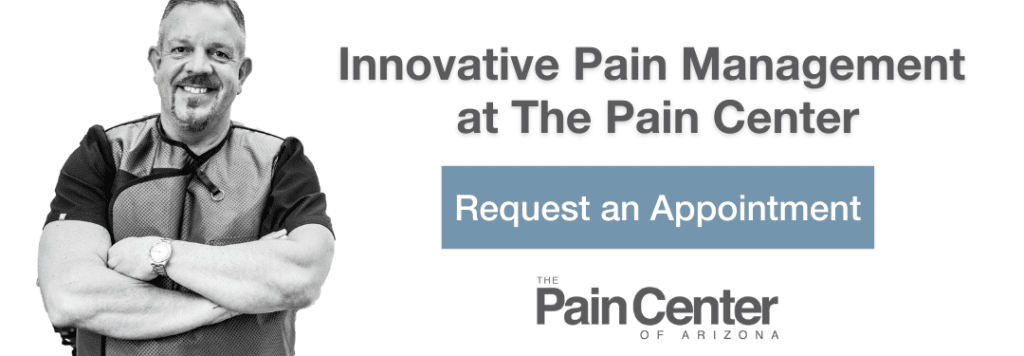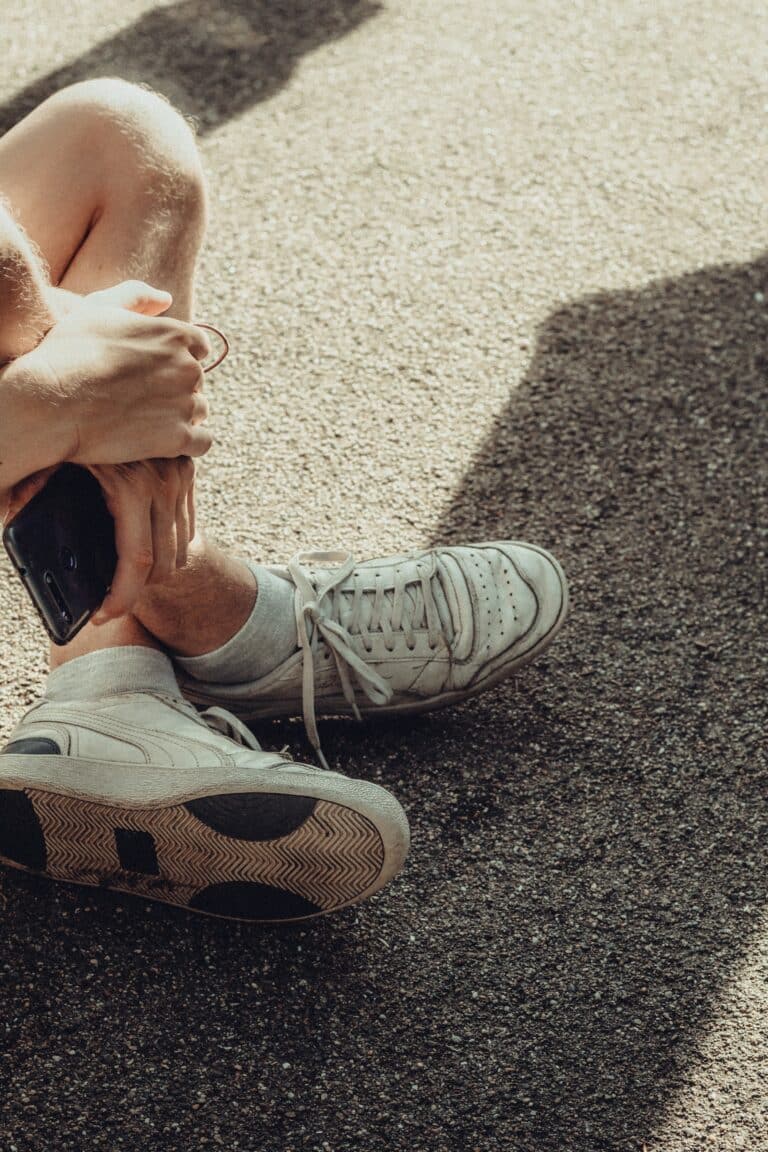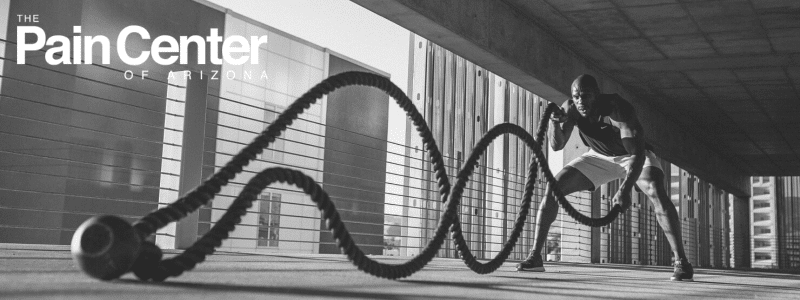
In this blog, we’ll be looking at:
- Why is CrossFit causing back pain?
- Is CrossFit good for back pain?
- Types of lower back pain
- How do I protect my back in CrossFit?
- How to treat lower back pain from CrossFit
Why Is CrossFit Causing Back Pain?
Are you feeling good about consistently going to your local CrossFit sessions but not so much about the lower back pain you’re feeling afterward? Well, you’re not alone. Plenty of CrossFit participants experience lower back pain, and we’re here to help you understand why and how you can relieve your back.
Reasons you could be experiencing lower back pain after CrossFit include:
Weights Too Heavy for You
You could be lifting weights heavier than your body is ready for. This leads to lumbar strain – stretching or tearing of the muscles used to stabilize your spine.
Lack of Focus on Your Core
The urgency to max your rep count and weight during a CrossFit regimen lends itself to posture and form errors which can damage too much of your body, including the stability of your core.
A weak core means an overall weak body.
Nerve Pressure
Variety is characteristic of CrossFit workout regimens. But this also means an increased risk of excess nerve pressure and irritation, which can lead to sciatica.
If so, you’ll likely feel numbness, burning, and tingling.
Intense Workout After Sitting All Day
Suppose you’re one to work all day in an office, sitting most of the time, and look forward to that afternoon or evening CrossFit session to stay in shape. In that case, you’re at risk of stiff iliopsoas if you’re not warming your body up beforehand. Iliopsoas is when your hip flexor muscles stiffen, leading to lower back pain.
Lumbar Herniated Disc
Another risk factor involved in CrossFit’s rapid and sudden regimens; you may find yourself with a herniated disc. Excess pressure on your spinal discs from high-intensity exercise involving extreme squatting and deadlifts, coupled with improper form, will very well put your spine at risk of disc rupture.
Is CrossFit Good for Back Pain?
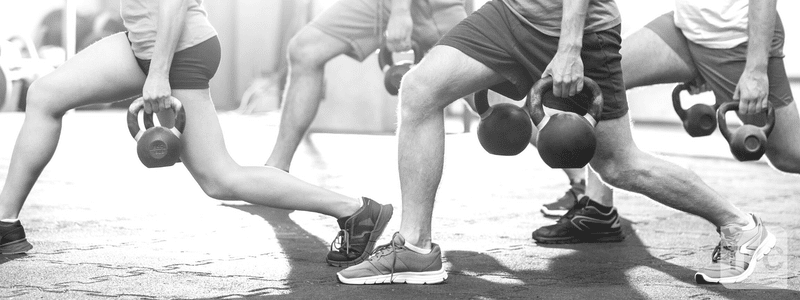
If you’re experiencing consistent or growing back pain as you attend CrossFit, you should give your back time to rest. If it’s only a minor problem now, it could grow into a long-term back condition if not given time to relieve itself.
Types of Lower Back Pain
CrossFit-related back pain can range from mild to severe.
Some common back pain conditions include:
- Sciatica
- Lumbar Strain
- Iliopsoas
- Herniated Disc
How Do I Protect My Back in CrossFit?
You can take a few measures to protect yourself from long-term back pain and damage without professional medical treatment, especially when participating in CrossFit.
- Develop Your Core
You probably focus more on your abs than your actual core strength. Unfortunately, this makes you more susceptible to a back injury. Develop your lower spine muscles over time in your workout regimens, and you’ll strengthen your core and lower back muscles and work out your stomach muscles in many of your core exercises.
- Compression
Hot or cold compresses both can help alleviate your back pain. Cold brings down the swelling of inflamed or bruised back muscles. Apply an ice pack three times daily to reduce inflammation in your back.
Hot compresses promote blood flow to your problem area. This can slow your healing, so avoid heating your back early on. Take care of any bruising and swelling with cold compresses, then wait a couple of days, and you should be ready to apply heat.
- Proper Deadlift Posture
Misappropriated weight due to poor form can significantly damage your spine, especially if lifting heavier than your body should.
Make sure the bar begins close to your shins before lifting. Then, keep your spine straight for most of your lift, never hunching the weight to your shoulders. And finally, your arms should never bend at your elbow.
- Swimming
This is a great way to build muscle without strain. You’ll be able to work out all your muscles, including your back when swimming regularly. This is especially good if you’re in the process of pain recovery.
- Planking
Doing planks or side planks at short intervals throughout the day will do well to balance your abdominal muscles.
- Hip Extension
Just like planking, hip extensions will help balance your abdominal muscles but require the proper equipment at your local gym.
These will also strengthen calves and glutes.
How to Treat Lower Back Pain from CrossFit
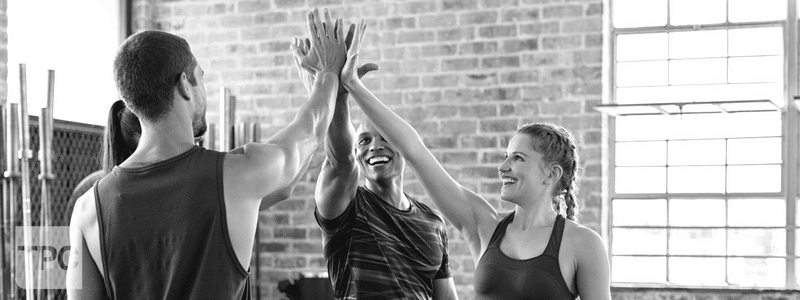
If you find yourself with back pain that isn’t healing on its own, then you likely have a serious condition that requires diagnosis by your medical professional and potential medical treatment to either fix your back problem or at least alleviate your pain.
Diagnosis
Your doctor will diagnose the cause of your back pain by asking questions about your health and medical history and administering a physical examination. Other tests, including X-rays, MRI scans, CT scans, and blood tests, might also be involved.
Physical Therapy
Physical therapy is an effective way of treating chronic back pain. It is the most common and has the most clinical evidence of success when treating back pain. Although more successful for short-term pain problems, long-term chronic back pain conditions can go a long way.
Medical Procedures
Medical treatments typically administered to those experiencing severe back pain include:

